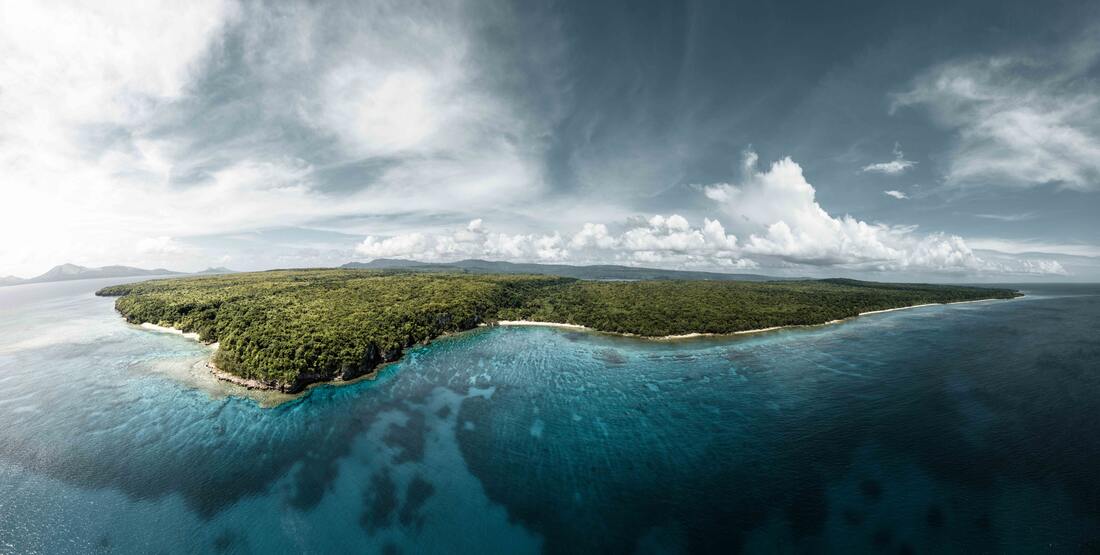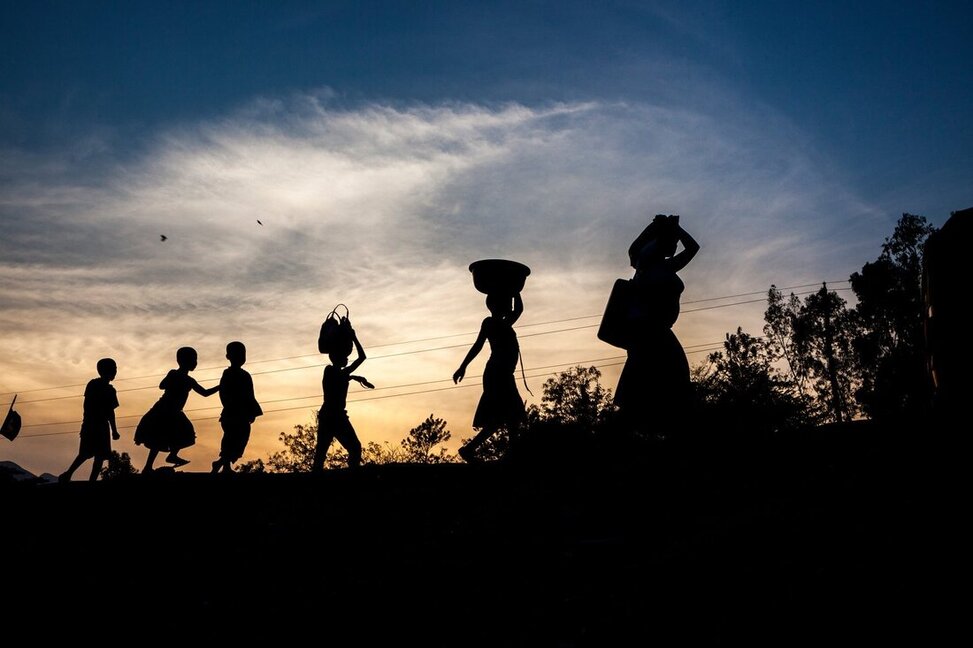|
 On 20 February, a coalition of 18 countries, led by Vanuatu, officially published on the UN e-deleGATE portal the final draft of the General Assembly Resolution requesting the International Court of Justice to issue an Advisory Opinion on the obligations of states on climate change. On 1 March, the resolution was adopted and included in item 70 ("Report of the International Court of Justice") of the agenda of the 77th UN session. The resolution is open for co-sponsorship until 29 March. To date, 105 countries, including Spain, have already supported it. Once the resolution has been considered in plenary (date to be determined) and if adopted, the General Assembly will have to request an advisory opinion from the International Court of Justice (ICJ) on the matter under consideration. According to its Statute, the ICJ may give advisory opinions on any legal question, at the request of any body authorised to do so by the Charter of the United Nations, or in accordance with the provisions of the Charter of the United Nations . Following the United Charter (Chapter XIV), the General Assembly or the Security Council may request the ICJ to give an advisory opinion on any legal question . When it receives a request for an opinion, the ICJ decides which States and organisations can provide useful information, and allows them to submit written and oral observations. In all other respects, the advisory procedure is modelled on the rules applicable to the contentious procedure . The State of Vanuatu is an island nation that is significantly affected by climate change. Vanuatu considers that natural disasters, whose frequency, magnitude and impact have increased significantly in recent years, are a consequence of climate change. Destructive tornadoes, earthquakes make life very difficult in Vanuatu, depriving people of their former way of life and violating their rights. That is why Vanuatu has led a coalition of the countries most affected by climate change to fight to fulfil the terms of the Paris Agreement. Coalition members believe it is unfair that collectively they produce no more than 1% of total emissions, but suffer disproportionately from the consequences of climate change. Therefore, among other things, the coalition also raises the issue of compensating the states most affected by major greenhouse gas emitters. This issue was discussed at length at COP 27, which led to the decision to create a "Loss and Damage" fund. In accordance with the resolution, the General Assembly requests the ICJ to express its position on the following issues: (a) What are the obligations of States under international law to ensure the protection of the climate system and other elements of the environment from anthropogenic emissions of greenhouse gases for the benefit of States and present and future generations? (b) What are the legal consequences flowing from these obligations for States which, by their acts and omissions, have caused significant damage to the climate system and other elements of the environment, with respect to: (i) States, including, in particular, small island developing States, which, because of their geographical circumstances and level of development, are adversely affected or particularly affected by, or particularly vulnerable to, the adverse effects of climate change; (ii) Peoples and individuals of present and future generations affected by the adverse effects of climate change? " It is important to note that advisory opinions of the International Court of Justice are not legally binding. However, they can influence the development of international law. Vanuatu hopes that the ICJ's opinion can inform climate claims around the world and strengthen the position of vulnerable countries in international negotiations. For more information see: Resolution. Vanuatu ICJ Initiative. Vanuatu to seek international court opinion on climate change rights. (2021, September 26). The Guardian. From Vanuatu law school to The Hague: The fight to recognise climate harm in international law. (2022, June 19). The Guardian. Farand, C. (2022, December 2). Vanuatu publishes draft resolution seeking climate justice at the UN. Climate Home News. Lago, V. (2022, December 18). Vanuatu's ICJ endeavor towards climate change responsibility. Arcadia. Kaminski, I. (2023, March 2). Vanuatu gathers support for UN climate justice statement. Climate Home News.
0 Comments
Leave a Reply. |
Susana BorràsMarie Skłodowska-Curie Fellow (H2020-MSCA-IF-2020)nº101031252 Archives
March 2023
|
Proudly powered by Weebly




 RSS Feed
RSS Feed